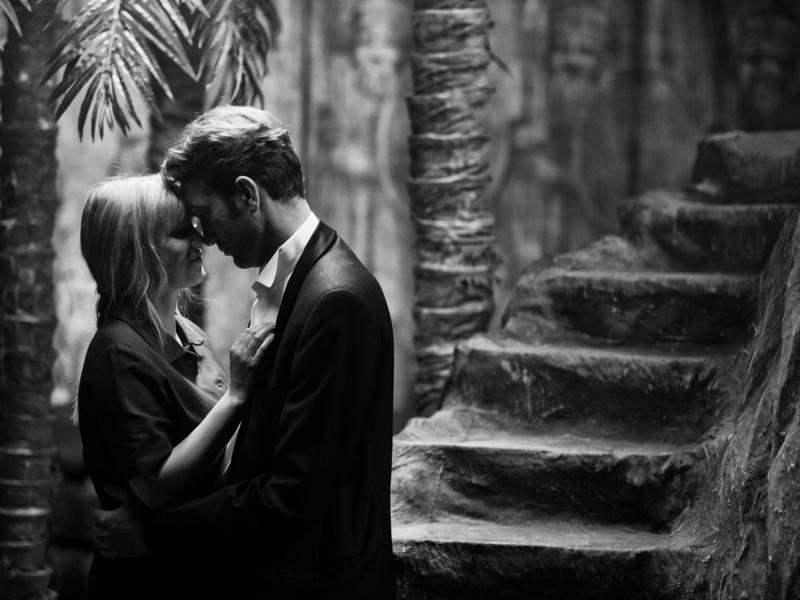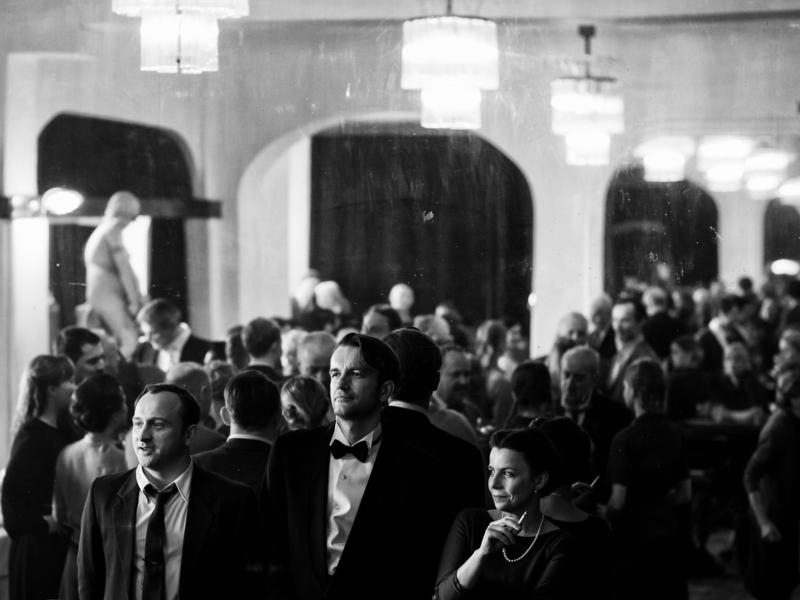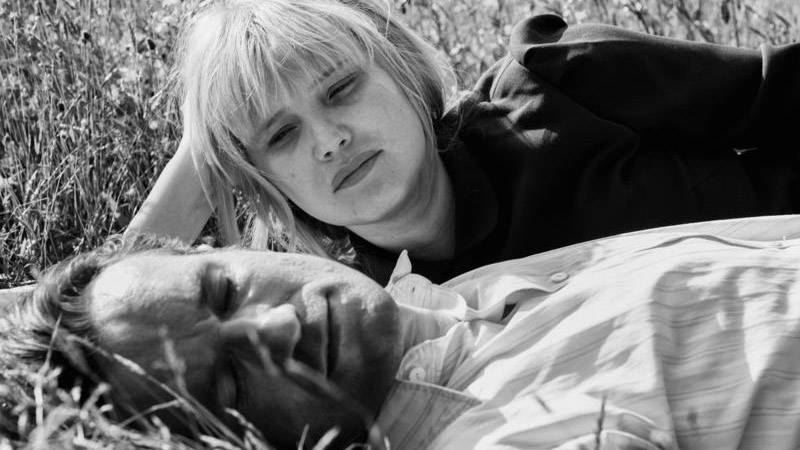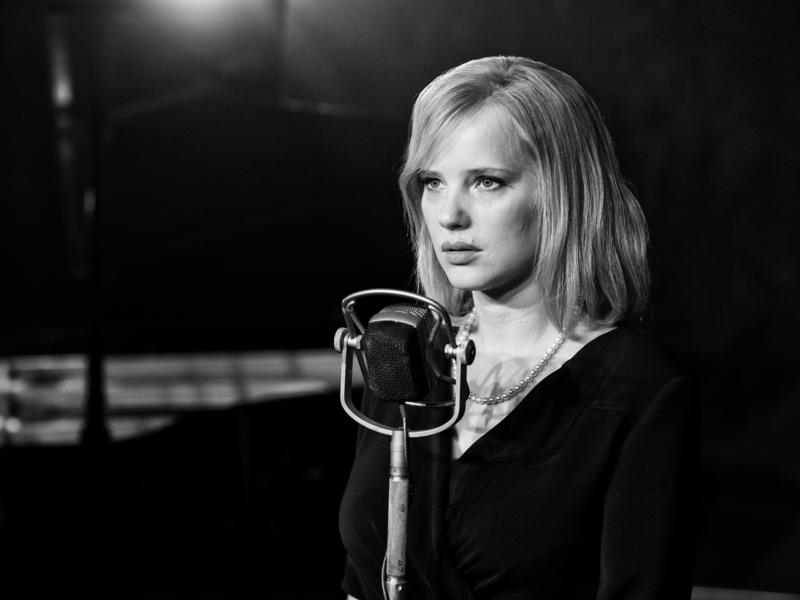Years after Polish jazz pianist Wiktor (played by Tomasz Kot) walks across the border from East to West Germany, “Is You Is or Is You Ain’t My Baby” drifts across the dance floor of a busy barroom. This jazzy song, sung by Louis Jordan, contains within it the main theme of Paweł Pawlikowski’s quasi-musical, Cold War: the question of togetherness.
Zula (Joanna Kulig), “the woman of his life,” was supposed to accompany Wiktor on that border crossing, but—for reasons she barely elaborates on and may not understand herself—did not. In this film, the Academy Award-winning director of 2013’s Ida sets two tense conflicts in relief against each other. Wiktor’s and Zula’s on-again, off-again relationship plays out against the backdrop of the first half of the Cold War, from 1949 through the late 1960s.

The couple is caught in the limbo of a political era defined by absolutes. Their passion for each other, accompanied by feelings of jealousy and ennui, is complicated by the inflexible dictates of Communism or, alternately, influenced by the liberal West’s idea of freedom. Neither of the lovers is an artful negotiator or willing to compromise. So the film becomes an episodic record, over time, of their coupling, uncoupling and recoupling on both sides of that East-West line.
While the characters’ emotions are often troubled (Wiktor) or vexing (Zula), Pawlikowski directs Cold War with the graceful hands of a symphony conductor. There’s a lightness, an ease, with which he has assembled the film, even when he includes depictions of trauma and its aftermath.

Aiding Pawlikowski’s skillful direction is black-and-white cinematography by Lukasz Zal (which rivals the work of Sven Nykvist, who shot some of Ingmar Bergman’s greatest black-and-white films).





